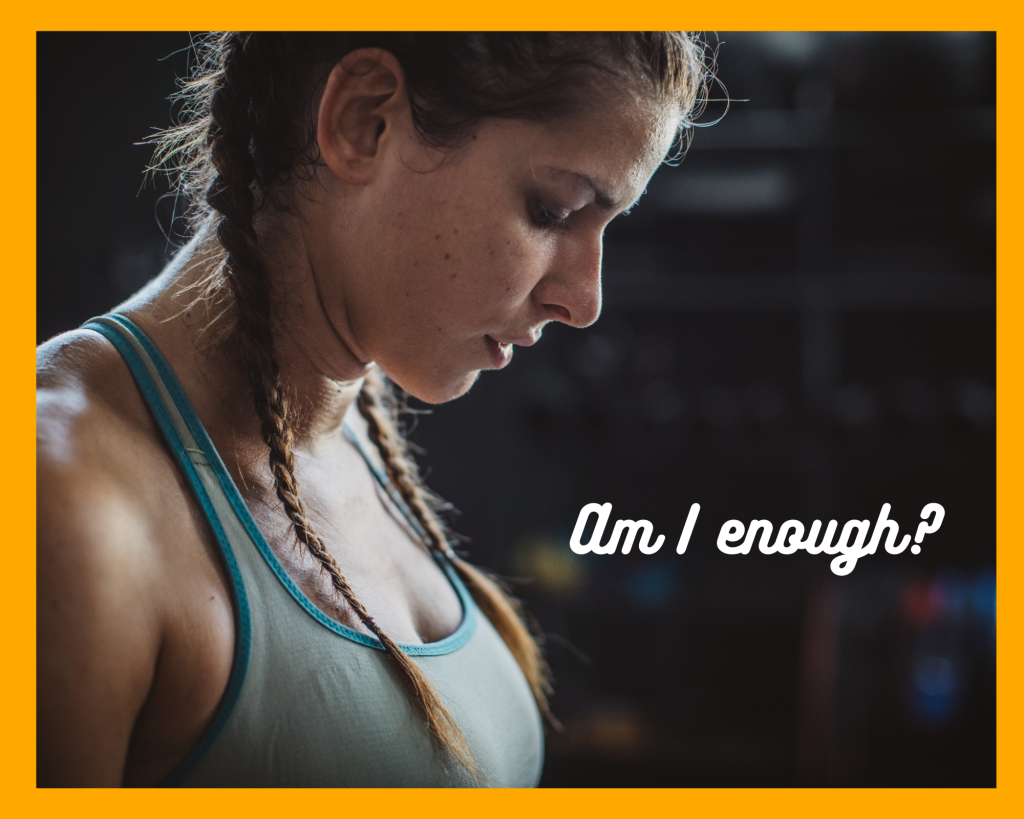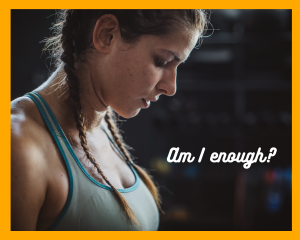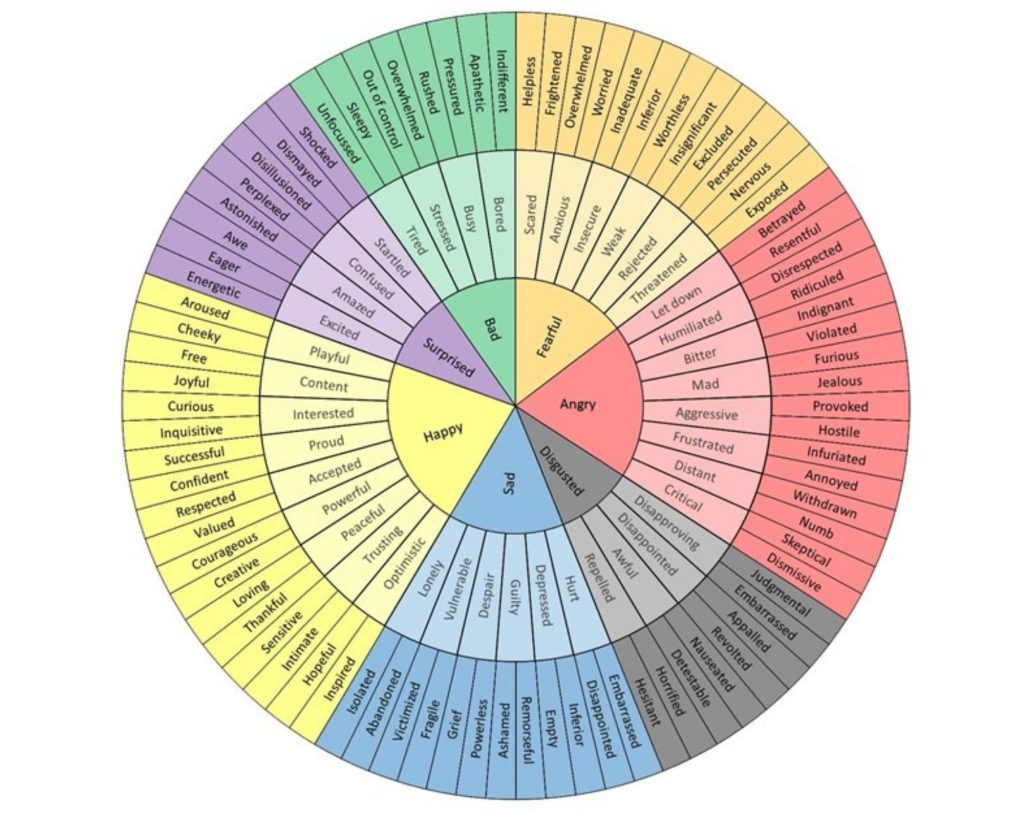7 Ways to Support Teens Through Change
Change for teens, a guaranteed part of life – and rarely easy. Teens have had to face crazy amounts of change over these past few years. As parents, witnessing this may have resulted in many sleepless nights and you stressing over what they’re doing locked away in their bedroom all that time.
In the middle of grade 8, my dad was promoted to a new role at his company, meaning we would have to move from Edmonton to Calgary. As my shy, anxious 14 year old self, with a sense of adventure, my brain was working overtime. Moving houses, cities, leaving my friends, and sports club behind in the middle of a school year was terrifying (and a teeny bit exciting).

Photo by Canva
Whether your teen daughter is changing schools, changing friend groups, undergoing body and brain developments, or adjusting to the ever flip flopping social situations, change is on her radar. Teens can be excellent maskers and may not share with you how they’re feeling. Your daughter may not even know exactly what she’s feeling. Instead, she might constantly distract herself from real life, feel things and not be sure why, and shut down or lash out at the people around her.
When we first moved, I protested with a food strike to share my disdain of my life feeling like it was turned upside down. I spent many lunch hours hiding in the school bathroom crying. It gave me a little release from some of the confusion, anxiety, and fear I was feeling.
One lunch hour the hot tears came before I could make it to the bathroom stall and at that very same moment, a group of the more popular girls walked in. I tried my best to look like I was doing anything but crying, but my mascara streaks and red face betrayed me. My 14 year old self was thinking-
What could be worse?!
To my surprise the girls huddled around me and sang “You are my sunshine” until we all burst into awkward laughter. I never became close with that friend group, but that wasn’t the point- some time shortly after that moment, I just kind of knew I was going to be ok.

Photo by Canva
Even though change isn’t easy, it is often necessary and can even lead to some pretty amazing experiences. Below are 7 ideas to help make a world of difference in your daughter’s life as she steers through teen years full of unknowns.
Change For Teens Tip #1 – Validate her experience– by being curious, asking questions, and listening you can offer your daughter a space to share her experience and make sense of what she is thinking and feeling. You might even share a story of your own change and ask how hers is different or similar.

Photo by Canva
Change For Teens Tip #2 – Plan where you can– some change comes at us more suddenly, but even in those circumstances, we can do some planning. Invite your teen to examine the situation to see how she (and maybe you together) can plan for things that might come up.
Change For Teens Tip #3 – Help her hone in on her choices– As Jessa (provisional psychologist here at Pyramid Psychology) talked about in her blog last week ‘How to Handle Change for Teens’, even in the most dire situations, there are always choices that we can make. Finding choices can help your teen have a sense of control when external circumstances are feeling pretty out of control.

Photo by Canva
Change For Teens Tip #4 – Support them to form meaningful connections– feeling connected to people who get it, who your daughter feels safe with and can trust can ease stress felt from transitions. Nothing like a good dose of empathy to help possibilities blossom. The Happiness Pill program is a unique online group coaching experience (with some 1:1 coaching too!) that was designed to give your daughter a safe space to build these types of meaningful connections. If the idea of seeing your daughter build relationships while working on her own joy lights you up, you can get the details for the program HERE.
Change For Teens Tip #5 – Give yourself some of that support sugar- If your teen is experiencing change, you are feeling it too. Whether it’s her behaviour or your own experience of change, the impacts are felt. Take some time to fill your cup with love and care before you try to pour from an empty cup in support of your teen.

Photo by Canva
Change For Teens Tip #6 – Highlight past victories- You can ask your teen daughter about some past changes that she has gone through and how she can use those to help her now. How did she survive or even thrive? What are some things she learned about herself in the process? About others? She may have learned tools to manage change, too!

Change For Teens Tip #7 – Create opportunities for joy and optimism– Change is stressful- so it’s important to offer a different landscape once in a while. Coming up with ideas on how to take breaks, have some fun, and do things that bring her joy, can be a great way to manage some of the stress that comes with change.
Love,
Chantal

Chantal Côté (she/her) is a psychologist and teen life coach living in Calgary, Alberta. After over a decade in non-profit and community mental health, Chantal started Pyramid Psychology, a practice dedicated to supporting teens – a population she is constantly amazed by. Chantal is on a mission to help 100,000 teen girls (and their parents) build bulletproof mindsets so they can weather the ups and downs of life. As part of this goal, Chantal has had the privilege of speaking at various events – virtual and live – to support teens and parents.
Outside of this passion, Chantal is often in nature, writing poetry, playing ball hockey and hanging out with her loved ones.
Each week, Chantal writes a blog article in response to issues she hears from the parents and teens she connects with.
If you have something you’d like to read more on – email ideas and questions to info@pyramidpsychology.com or DM us via Instagram or Facebook.







































































